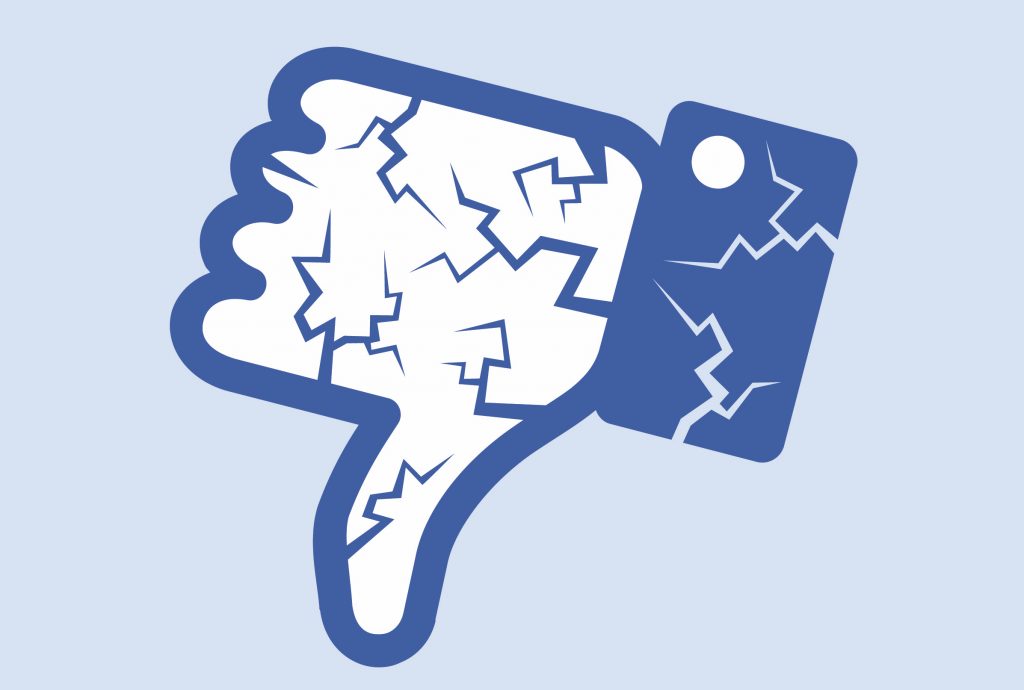You’d think that a year in which millions of people had been legally obliged to stay indoors thanks to a pandemic, while relying on Big Tech to do their jobs, would be the most planet-changing year you could expect.
You’d be wrong.
While billions of folk around the globe had to stay indoors, observe social distancing and accept a facemask as much of a regular part of outdoor apparel as say, a pair of pants, 2021 has rolled in with the same set of rules for the rank and file. This year, though, it seems humankind has woken up to the fact that the tech behemoths we use every day actually owe us a debt.
Sounds bonkers doesn’t it? Stay with me now…
Big Tech vs The Man
Earlier this year, Google and Facebook found themselves in a standoff with the Australian government over linking to content. The government was about to implement a law – which it did eventually with several amendments – that would force big tech to pay publishers for any news content linked to on their platforms. Both companies threatened to pull out of the region. The Australian government didn’t budge. It made for an interesting game of chicken.
Google blinked first. Rather than making good on its threat to block searches on its engine Down Under, Google entered into a couple of multi-million dollar deals with some Australian media conglomerates. One could look at this activity as the super-rich dealing with the less-than-super-rich, but it does result in journalists finally getting paid for their work (hopefully).
Facebook, for its part, closed off vast tracts of its platform to Australian users.
They could neither access local news, nor could they share it. They couldn’t visit some community pages. Certain government pages were taken off Facebook, including the health department during the run-up to a vaccination drive for COVID-19 .
Facebook later apologised and rolled back its black-out. The company is reportedly in talks with Australian media conglomerates to reach an equitable deal. It has until May to get its house in order.
But the damage has been done.
The message has been sent.
Humankind is now so reliant on Big Tech platforms that they’re able to pull the plug on us. It’s a message slowly spreading around the world.
The Big Tech message spreads
Closer to home, Uber is being taken to court by two law firms – one based in Johannesburg, the other in London – on the behalf of up to 20,000 Uber drivers. The suit is essentially demanding that Uber legally acknowledges that its drivers are not “independent contractors” and are rather “workers” who are entitled to certain benefits such as holiday pay and minimum wage.
Uber has already lost a case like this in the UK.
Big Tech being held to account?
This month the CEOs of Facebook, Twitter and Google are being hauled into Congress hearings in the United States. The reason? The US government has decided that all three entities need to answer for misinformation on their platforms. The complaints range from bollocks news reporting on COVID-19 vaccines to the Donald Trump-endorsed notion that the last US election was “stolen” – a claim the Supreme Court has thrown out.
Back home, the Democratic Alliance has demanded that Facebook be made to face parliament and answer questions about misinformation on its platform.
It’s almost like the world is waking up to the fact that tech giants depend on users and not the other way around. Maybe it took a COVID-19 pandemic to get us here. Our relationship with big tech is going to get a lot more interesting over the next 24 months.
